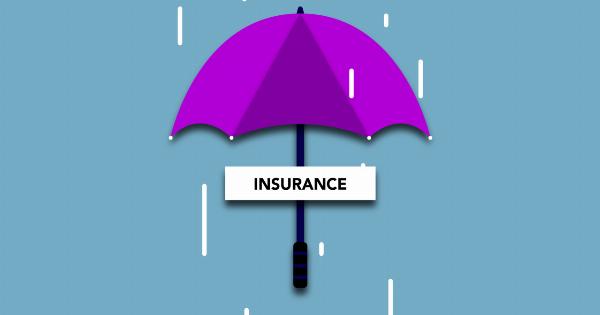Traveling abroad can be an exciting and enriching experience, but it’s important to be prepared for any unexpected situations that may arise during your trip.
One of the most crucial things to consider when planning your journey is travel insurance. Having the right travel insurance can provide you with peace of mind and financial protection should you encounter any unforeseen events while overseas. However, with so many options available, selecting the best travel insurance can be a daunting task.
This article will guide you through the process of choosing the right policy for your needs, ensuring a worry-free adventure.
Assess Your Travel Needs
The first step in selecting the best travel insurance is to assess your specific travel needs. Consider the following factors:.
- Destination: Different regions have different risks. If you’re planning a trip to a remote or high-risk area, you may need extra coverage.
- Duration: The length of your trip will impact the type and cost of insurance coverage. Shorter trips may require less coverage, while long-term travelers may benefit from comprehensive policies.
- Activities: If you plan to engage in adventurous activities such as skiing, scuba diving, or hiking, make sure your insurance policy covers these activities.
- Medical Conditions: If you have pre-existing medical conditions, ensure that your insurance policy provides adequate coverage for any potential health issues.
Research Different Types of Travel Insurance
Once you’ve assessed your travel needs, it’s time to research the different types of travel insurance available:.
1. Trip Cancellation Insurance
This type of insurance provides coverage if you need to cancel or interrupt your trip due to unforeseen events such as illness, injury, or the death of a family member.
It typically reimburses you for non-refundable expenses, including airfare, accommodation, and tour costs.
2. Medical Insurance
Medical insurance covers medical expenses incurred while you’re traveling, including doctor visits, hospital stays, and emergency medical evacuations.
It’s particularly important if your regular health insurance doesn’t provide coverage outside your home country.
3. Baggage Insurance
Baggage insurance reimburses you for lost, stolen, or damaged luggage. It can also cover essential items such as clothing and toiletries if your bags are delayed.
4. Emergency Evacuation Insurance
This type of insurance covers the cost of emergency medical or security evacuations to a suitable medical facility or your home country in the event of a serious illness, injury, or a political crisis.
Compare Insurance Plans
After identifying the types of insurance coverage you need, it’s time to compare different insurance plans offered by various providers. Consider the following factors:.
- Cost: Compare the premiums and deductibles of different insurance plans. Ensure that you’re getting adequate coverage within your budget.
- Coverage Limits: Pay attention to the coverage limits for medical expenses, trip cancellation, and baggage loss. Ensure they meet your travel needs.
- Exclusions: Read the policy carefully to understand any exclusions or situations in which coverage may be denied. Common exclusions include pre-existing conditions, extreme sports, and acts of terrorism.
- Claim Process: Research the claim process for each insurance provider. Check reviews and ratings to ensure a smooth and efficient claims experience.
Consider Additional Benefits
Besides the primary coverage, certain travel insurance policies offer additional benefits that may enhance your travel experience. These may include:.
- Trip Delay Coverage: Reimbursement for additional expenses incurred due to delayed flights or missed connections.
- 24/7 Assistance: Access to a helpline for emergencies or travel-related queries.
- Identity Theft Protection: Assistance and coverage in the event of identity theft while traveling.
- Travel Assistance Services: Help with travel-related services such as hotel bookings, ticket reservations, and language translation.
Read Reviews and Ratings
Before finalizing your decision, it’s important to read reviews and ratings of different insurance providers.
Understand the experiences of other travelers and ensure that the company you choose has a good reputation for customer service and prompt claims settlements.
Review Policy Terms and Conditions
Once you’ve selected a potential travel insurance provider, read the policy terms and conditions in detail.
Pay attention to the fine print, including coverage inclusions and exclusions, policy limits, claim procedures, and any additional requirements.
Consult with a Travel Agent or Insurance Broker
If you’re unsure about any aspect of travel insurance or need personalized advice, consult with a travel agent or insurance broker who specializes in travel insurance.
They can assist in finding the best policy for your specific needs and help clarify any queries you may have.
Finalize Your Travel Insurance
Once you’ve done thorough research, compared different plans, assessed the additional benefits, checked reviews, and understood all terms and conditions, it’s time to finalize your travel insurance.
Purchase the policy that best aligns with your travel needs and provides comprehensive coverage at an affordable price.



























